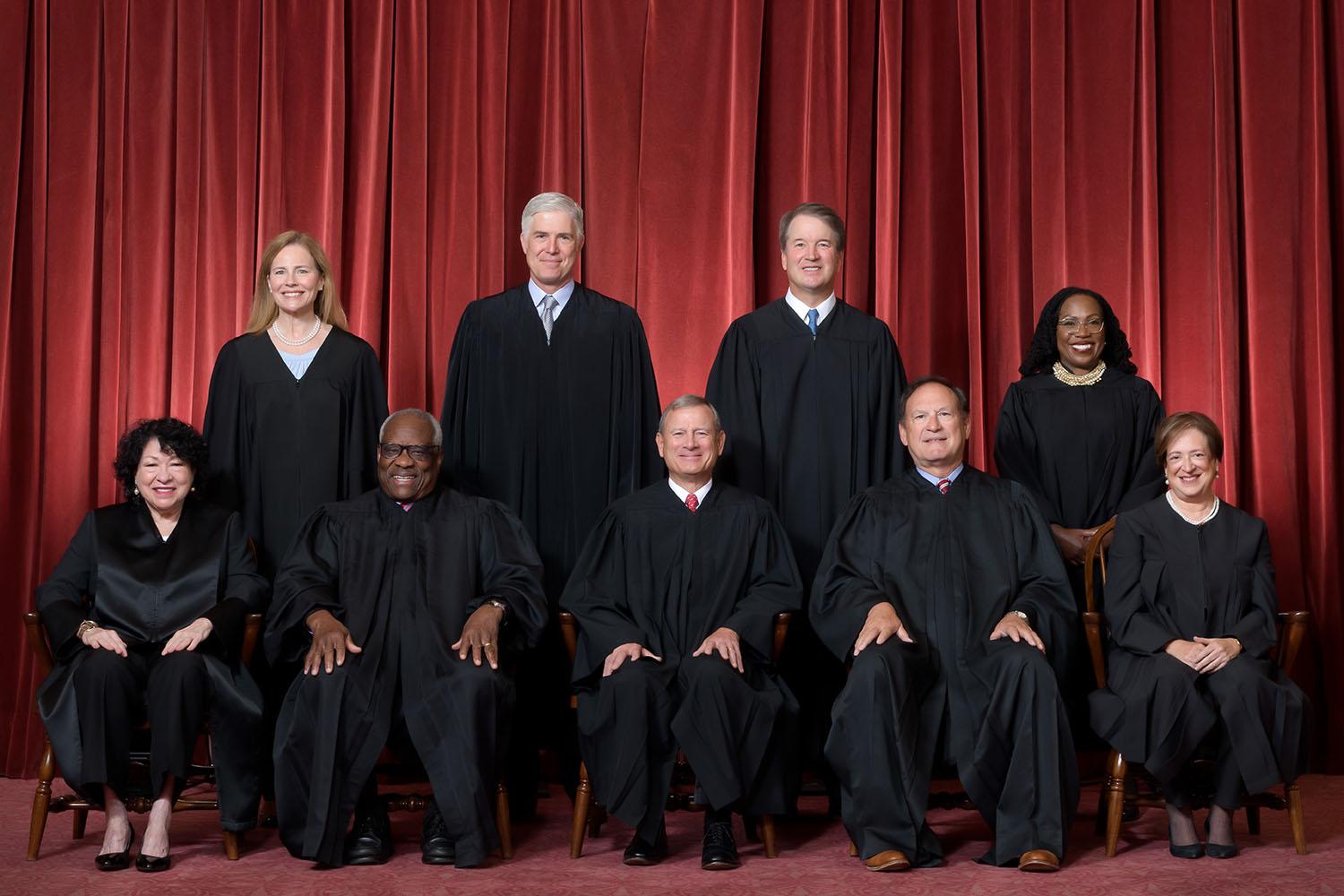Study Shows Trust In American Judiciary Is Ebbing
Democrats and Republicans are split over their relative perceptions of the federal judiciary and Supreme Court.

A new report on public confidence in American courts finds that trust in the federal judiciary has waned in recent years. “The withering of public confidence in the courts,” published in the journal Judicature by researchers at the Annenberg Public Policy Center (APPC) of the University of Pennsylvania, also delves into likely contributing factors to this decline in trust, why the decline poses a problem, and what might be done about it.
The judiciary has historically enjoyed more public trust than the legislative and executive branches of the federal government, as Americans have long believed that unlike politicians, judges make their decisions based on legal reasoning rather than politics. Drawing on 20 years of data from Annenberg surveys, APPC research analyst Shawn Patterson Jr., director of APPC’s Institutions of Democracy division Matthew Levendusky, APPC managing director of survey research Ken Winneg, and APPC director Kathleen Hall Jamieson report that :
The percentage of Americans who express either “a great deal” or “a fair amount” of trust and confidence in the judicial branch has fallen from 75% in 2000 to under 50% in 2022.
- Trust in the Supreme Court has declined even more than trust in the courts in general.
- The judicial branch remains more trusted than the other two branches of the federal government, but its advantage in this regard has declined in recent years.
- A majority of Americans believe that the courts favor the wealthy and judges don’t set aside their personal political beliefs when making rulings.
The research team also found that the longstanding association between knowledge about the judiciary and trust in the judiciary has begun to erode.
“It had long been the case that ‘to know courts is to love them,’ ” says Patterson, the lead author. “But the relationship between civics knowledge and trust in the Supreme Court has changed. Those most knowledgeable about the Court are now the least trusting of its ability to serve the people’s interest.”
The authors write that “the culprit behind these trends is a familiar one”: polarization. “Where Republicans are as trusting and confident in the Court as ever before, Democratic voters (and to a lesser extent voters unaffiliated with either major party) now hold considerably less favorable views of the Court.”
The potential risk of these developments is that politicians and the public become more willing to allow constraints on the independence and authority of the courts. The authors suggest that “robust civics education” that goes beyond mechanics and fosters an appreciation for democratic norms and civil discourse may help to rebuild public confidence in the judiciary, but acknowledge that this alone may not be enough to reverse the troubling trends.
The Judicature report follows an earlier one by APPC scholars in the journal Science Advances finding that the Supreme Court’s dramatic shift to the right, capped by its decision in Dobbs v. Jackson Women’s Health, had polarized the public’s view of the court for the first time in decades.
“The withering of public confidence in the courts” published July 29, 2024, in Judicature by the Bolch Judicial Institute at Duke Law School, was co-authored by Patterson, Levendusky, Winneg and Jamieson.